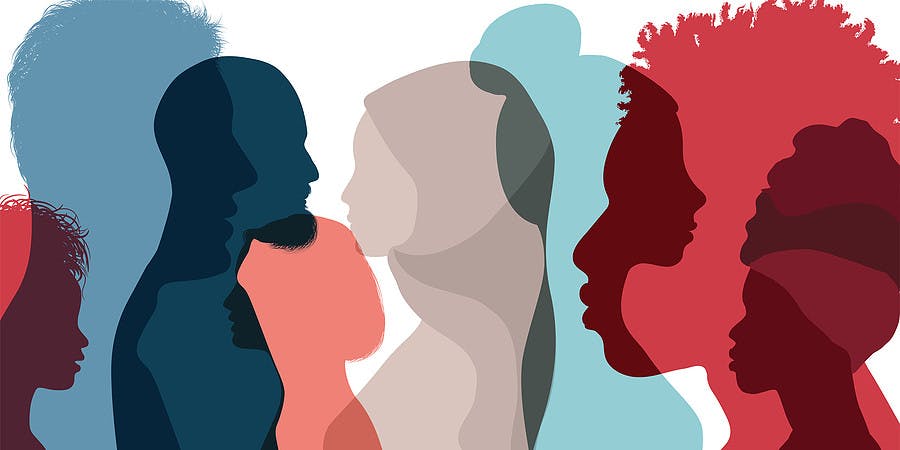Today marks the start of Black History Month, which makes this a good opportunity to pause and reflect on what we mean — really mean — when we talk about diversity, equity, and inclusion.
So often and too often, the focus is on how people feel. Feelings are important, of course, but they should not be the basis for effective DEI efforts.
Over on TLNT, ERE’s sister site devoted to all things HR and talent, writer Susana Rinderle has a provocative piece titled, “Oppression, Not Feelings, Should Be the Focus of DEI.” The article delves deeply into how feelings lead to misunderstandings of DEI.
For example, “feelings do not necessarily indicate oppression,” Rinderle writes, adding:
“A person can be oppressed (unfairly denied equitable access to resources and opportunities), yet feel that they are not, and even vehemently deny that they are. I’ve known women who denied they faced sexism while they were being paid less than men in the same role, passed over for development opportunities, and subject to frequent microaggressions. People deny their own oppression for multiple, complex reasons that are usually a necessary form of self-protection. But according to the data, these women were being oppressed based on gender, despite their feelings to the contrary.”
Read the full article below:
